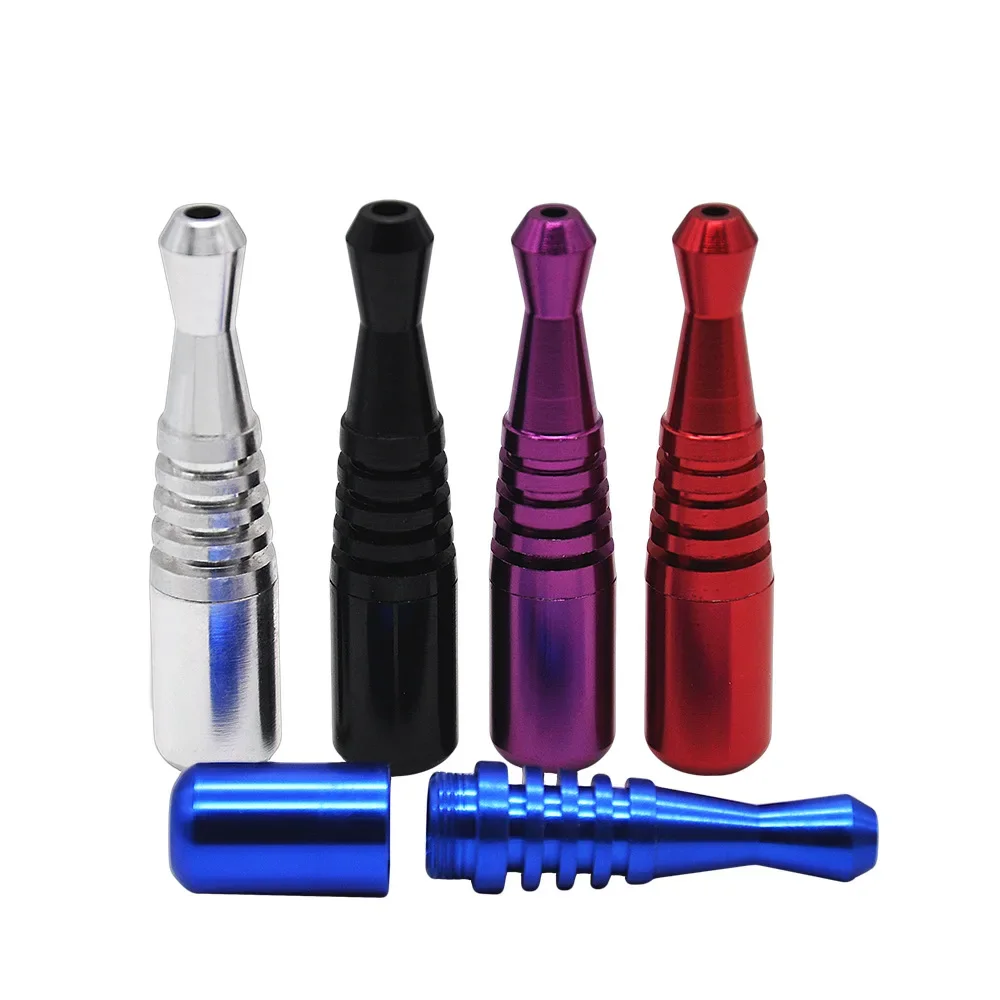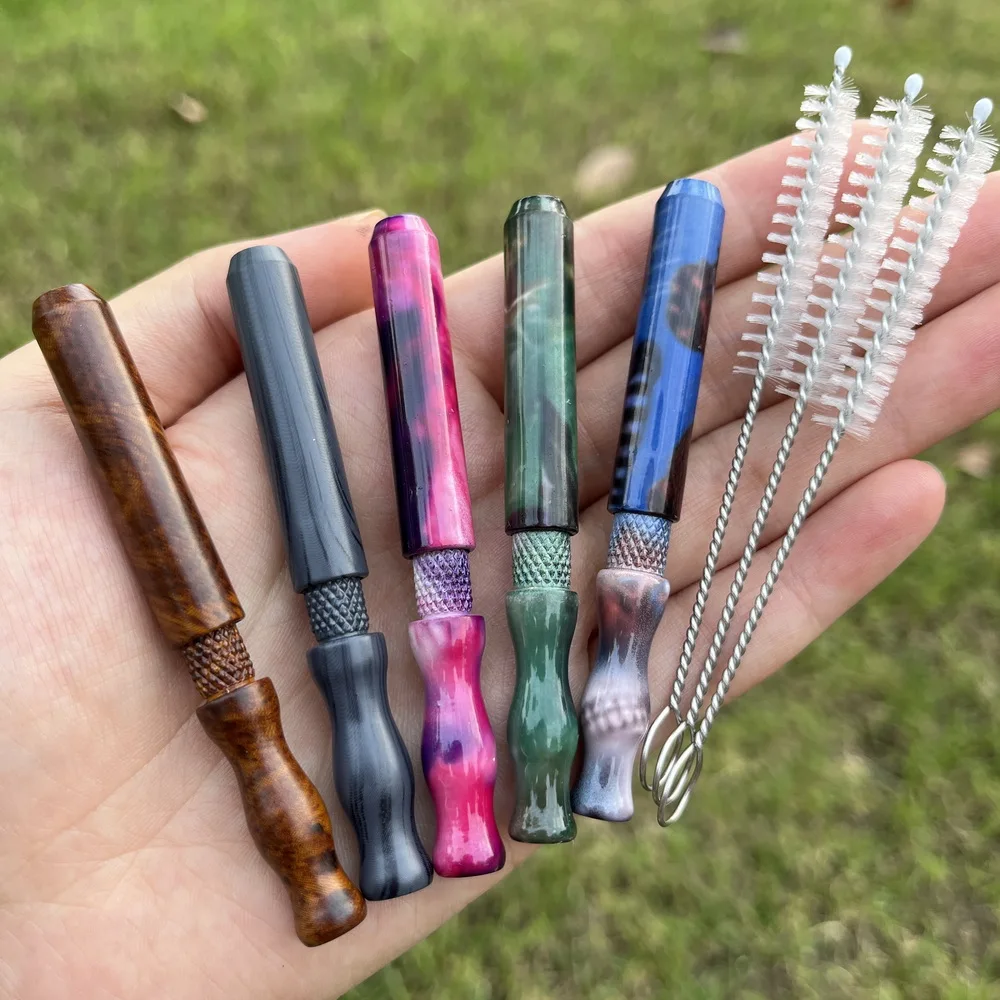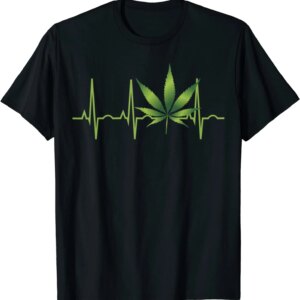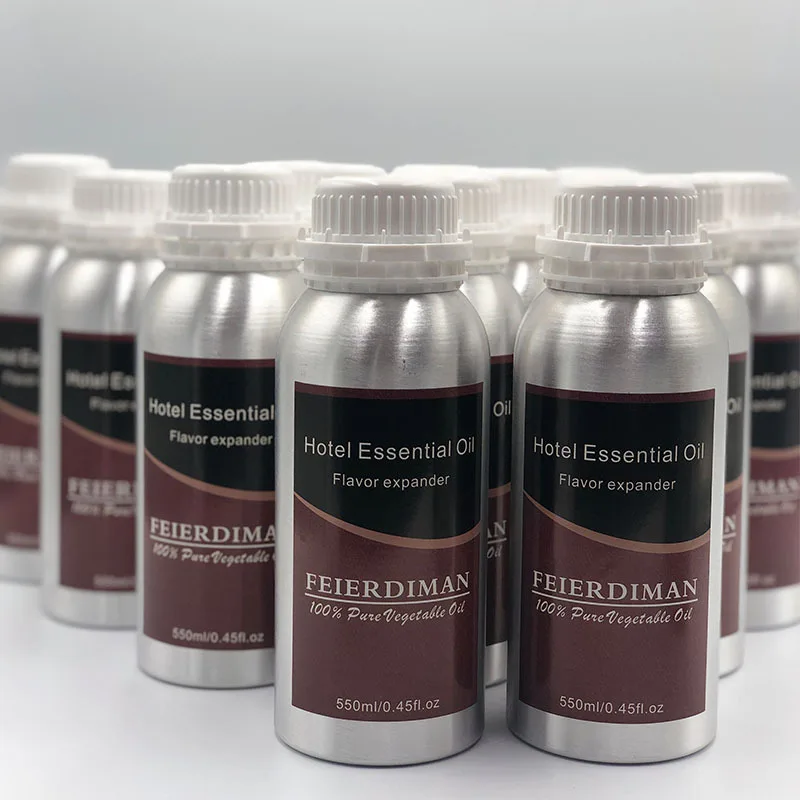Pennsylvania just put data behind why clear standards matter. After a ten-month investigation across Montgomery, Bucks, and Chester counties, prosecutors found that nearly every “Farm Bill compliant” product sold in smoke shops was, in fact, regular marijuana.
According to the findings, undercover officers purchased 144 hemp-branded products from retailers across the state. More than 93% contained illegal levels of Delta-9 THC, some testing as high as 5%. The story was echoed in local coverage, where officials described smoke shops turning into “neighborhood marijuana dealers.”
A Problem Years in the Making
Back in July, The Philadelphia Inquirer had already sent “hemp” products from Pennsylvania shops to a licensed lab and found most were contaminated, mislabeled, or flat-out illegal. The investigation uncovered fake certificates of analysis, mold, heavy metals, and banned pesticides. The new grand jury report didn’t just confirm those findings, it expanded on them.
The THCA Confusion
For anyone wondering how this is even possible, it starts with chemistry. THCA—the raw, non-intoxicating precursor to THC—becomes Delta-9 when heated. It’s the science that underpins the booming hemp flower market. In states without adult-use legalization, products marketed as “THCA hemp” often slide through testing because they show low Delta-9 content before combustion. Once smoked, they’re indistinguishable from regulated cannabis.
High Times explored this in detail in The High Times Guide to THCA, which explains that THCA itself isn’t the problem. The issue is how it’s handled. Without mandatory lab testing or standardization, bad actors can sell anything, from moldy marijuana to pesticide-coated flower, and call it hemp.
Safe THCA vs Counterfeit Hemp
There’s a clear difference between legitimate THCA products and what Pennsylvania investigators found. Good actors already self-regulate. They test every batch through accredited labs, post transparent COAs, disclose total THC (not just Delta-9), verify age, and keep packaging professional. Those are the brands pushing cannabis culture forward.
The others? They’re cutting corners. They’re printing fake COAs and selling to minors in packaging that mimics candy. In other words, the problem isn’t the cannabinoid; it’s the lack of standards.
As Rolando García wrote in “How America Accidentally Legalized Lab Cannabis”, the 2018 Farm Bill “opened the gates to a new cannabis economy” by legalizing hemp with less than 0.3% Delta-9 THC. Lawmakers never anticipated that chemistry would race ahead, turning CBD into Delta-8, Delta-10, or THCA flower potent enough to rival dispensary weed. States like Texas, Florida, and now Pennsylvania are all wrestling with the fallout.
What Lawmakers Want
The Pennsylvania grand jury’s recommendations are basic, but essential: license every retailer selling THC products, require lab testing by accredited facilities, set a statewide age limit of 21, and define cannabinoids like Delta-8, Delta-10, and THCA in statute so everyone’s playing by the same rules. The goal isn’t prohibition: it’s protection.
Regulation Over Reaction
Trying to ban THCA would be a mistake. It’s a naturally occurring compound in the cannabis plant, and when produced responsibly, it’s as safe and effective as any dispensary product. What’s needed is the same oversight that already exists in regulated markets: honest labeling, verified labs, traceable batches, and adult-only sales.
Pennsylvania’s grand jury didn’t expose a cannabis problem; it exposed a policy vacuum. Consumers are being left to navigate a gray market that rewards deception and punishes quality.
The solution isn’t complicated. Test it. Label it. Regulate it. The future of hemp and THCA depends on trust, and trust starts with transparency.
For more context, read The Philadelphia Inquirer’s original investigation and the full analyses from 6ABC, CBS Philadelphia, and PhillyVoice. For a deeper look at how we got here, revisit How America Accidentally Legalized Lab Cannabis and The High Times Guide to THCA.
Photo by Aarón Ruiz on Unsplash


























